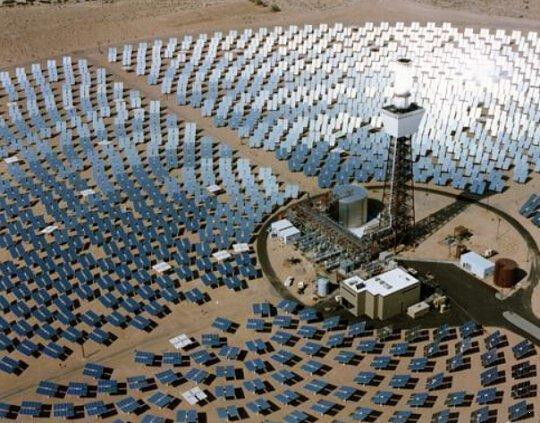
Washington D.C. – The clean energy sector in the United States is experiencing substantial financial reversals and job losses this year, with over $14 billion in clean energy investments canceled or delayed and more than 10,000 related jobs eliminated. This alarming trend is largely attributed to mounting concerns over the future of federal clean energy tax credits and a broader policy pivot away from renewable energy.
According to a comprehensive analysis released Thursday, May 29, 2025, by the non-governmental organization E2 (Environmental Entrepreneurs) in collaboration with consulting firm Atlas Public Policy and the Clean Economy Tracker, businesses have withdrawn or postponed these investments since January. The report highlights that a significant portion of these cancellations, exceeding $12 billion, has occurred in Republican-led states and congressional districts, despite these areas having benefited considerably from previous clean energy development and job creation initiatives.
Bob Keefe, E2's executive director, stated, "As the House and the administration show a tendency to reduce clean energy support and revert to fossil fuels, companies have withdrawn their investment plans or moved their businesses to other countries." This sentiment underscores a growing apprehension within the industry regarding the stability of federal support.
The current downturn starkly contrasts with the period following the passage of the Inflation Reduction Act (IRA) in 2022. The Biden administration's landmark climate legislation, which provided extensive financial incentives for clean energy manufacturing, had attracted an estimated $132 billion in announced clean energy investment plans. However, these gains are now jeopardized by legislative actions in Congress and shifts in administrative priorities.
On May 22, 2025, the Republican-led House of Representatives passed a budget bill designed to significantly curtail clean energy tax credits established under the IRA. The proposed legislation repeals or accelerates the phase-out of various critical credits, including those for rooftop solar installations and electric vehicles (EVs) after 2025, with limited exceptions. It also tightens restrictions on projects involving foreign entities, a move that could impede domestic clean energy expansion given global supply chain dependencies.
Furthermore, the bill introduces stringent eligibility requirements, demanding that projects commence construction within 60 days of the bill's enactment and become operational by the end of 2028 to qualify for tax credits. Critics warn that these provisions will effectively render many clean energy development plans unviable, leading to increased energy costs for American households (potentially up to 7% by 2035), stifled innovation, and a rise in pollution. Advocacy groups contend that the bill would sacrifice thousands of high-quality manufacturing jobs across the nation.
In a move further signaling a shift towards traditional energy sources, the House bill also streamlines permitting processes for natural gas pipelines and liquefied natural gas (LNG) export sites, allowing developers to pay fees for expedited approval.
The budget bill has now moved to the Senate for consideration, with an informal deadline of July 4 for it to reach the President's desk. Civil society organizations have vociferously criticized the potential approval of trillions of dollars in tax cuts, arguing that such measures would severely undermine the clean energy industry. E2 emphasized that many companies are deeply concerned about the stability of their investments as the federal House has passed legislation that would eliminate clean energy tax credits.
Adding to the industry's anxieties, the Department of Energy, under the current administration, recently announced the cancellation of nearly $4 billion in clean energy project grants, many of which were awarded during the final months of the previous administration. This action is part of a broader review of over $15 billion in federally funded clean energy projects, with the stated aim of ensuring "responsible" spending.
These combined actions signify a significant policy reversal that threatens to derail the progress made in the U.S. clean energy transition. The ongoing uncertainty is compelling businesses to reconsider investment strategies, with some opting to withdraw plans or relocate operations to countries offering more stable and supportive policy environments for renewable energy development.
[Copyright (c) Global Economic Times. All Rights Reserved.]






























